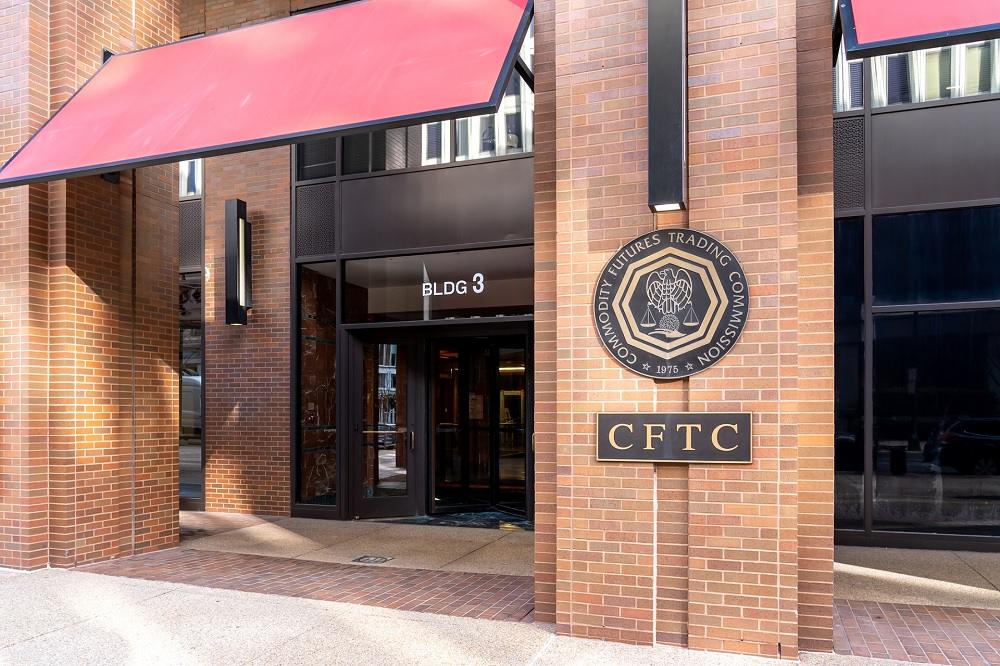
The federal government reception at the credits has prompted the Futures Futures Committee (CFTC) to limit its activities.
The overwhelming majority of the organization’s activities have stopped. However, some companies will continue in accordance with the exceptions set out in the controversy law and will be elaborated by the views of the Ministry of Justice, the Bureau of Legal Advisers (OLC) and the guidance of the Office of Administration and Budget (OMB).
In general, the organization may continue to “exclude” functions that meet any of the following criteria:
- Those who have a continuous source of funding (such as the CFTC Customer Protection Fund).
- Those for which a statute or other legal requirement explicitly authorizes an agency to oblige the funds before the credits.
- Those whose organization must continue in the absence of credits because their continuation is “necessarily implied” by the authorized continuation of other activities.
- Those necessary to maintain the security of life or protection of property; or
- Those who are necessary to relieve the president’s constitutional duties.
Most of CFTC’s excluding functions are those considered necessary to protect property, including markets regulated by CFTC:
In the absence of government supervision, stock markets, goods and future fulfillment contracts could not operate … These actions and others required as part of a real termination of the federal government would impose significant risks to Immediately in huge exhibitions and private economies, as well as the disorders and positions of individuals and individuals and private and individuals and individuals and private and private and private and private and private and private and private and private and private economy.
OLC Memorandum for the Director of the Administration and Budget Service, Government Enterprises in the event of credit, OLC opinion, on 2-3 (August 16, 1995).
According to this, CFTC has identified the employees needed to execute these functions during a delay in the credits:
- Assuming the plan is implemented on or after October 1, 2025, the CFTC has about 543 employees on the ship. There are an additional 18 employees at the Whistleblower (WBO) office, a customer training and service office (OCEO) and Administration Address (DA) funded by resources other than annual credits.
- Of the 543 employees, 31 have been identified as excluded from the restrictions of the anti -secession law, because their work complies with one or more of the exemptions. This represents about 5.7% of CFTC staff.
- The 18 employees on the WBO, Oceo and DA exempt from Furlough because their activities are funded through a separate source of funding not related to the annual credit of CFTC.
- The Commissioners and the President are the appointed PAS (presidential appointed by the Senate) and most are exempt from Furlough. However, their respective executives are subject to conductors in accordance with the requirements of the anti -Semitic law.
- With limited exceptions, all employees who have not been recognized as excluded would not take more than four hours to conduct a proper interruption of businesses.
- Of the 543 CFTC employees, there are no officials excluding because they are involved in military, law enforcement or immediate health care activities or because their compensation is funded by resources different from annual credits.
The limited possibility of excluding employees has been identified to ensure, to the extent possible to supervise derivative markets and to police these markets to ensure that they are free of fraud and manipulation. If the conditions change so that an activity that is not initially recognized as an excluded operation, employees will be responsible for notifying the appropriate officials of the Service, who will then decide whether the activity is an excluded operation and whether additional employees must be reclaimed.

